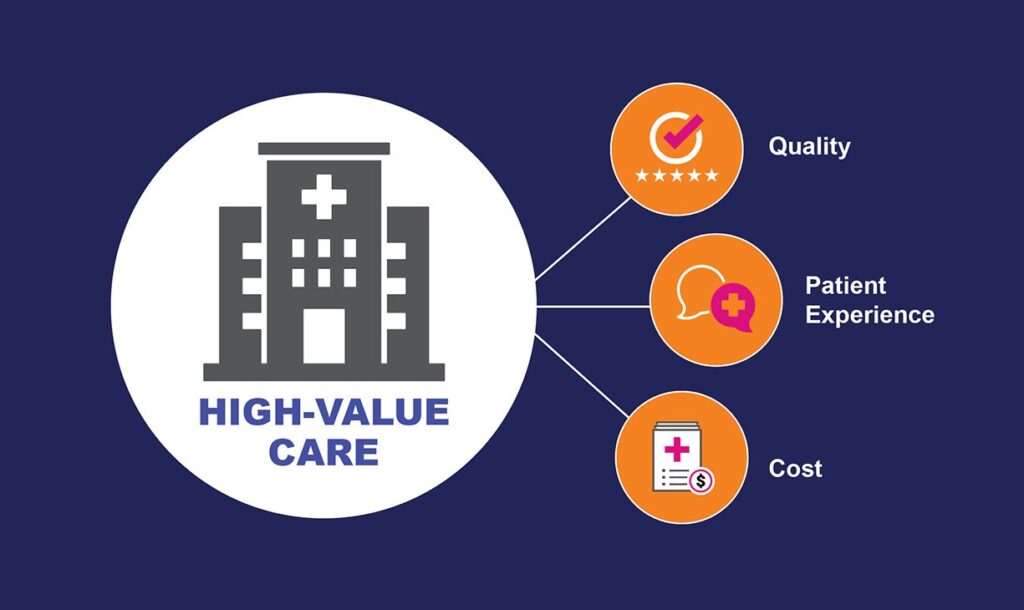
Are care managers unsung heroes by helping control healthcare costs?
By Medecision
When it seems as though nothing can stop the trajectory of healthcare costs, is there a hero in the midst? Can care managers help control healthcare costs?
While “control” might be a strong word, care managers certainly have “influence” over costs. Every time they guide a member to an in-network provider, they’re saving the health plan money by reducing network leakage and the individual member money by lowering out-of-pocket expenses. But their influence goes well beyond that.
The Impact of Addressing SDoH
When care managers support members in overcoming social determinants of health (SDoH)—social, economic and other factors that get in the way of better care and better outcomes—they are often reducing cost of care.
- By improving an individual’s access to care, they could be preventing unnecessary emergency department visits and the costs associated with them.
- They may be securing transportation to necessary clinical treatments—treatments that could help an individual avoid a lengthy hospital stay.
- By ensuring a program like Meals on Wheels is delivering hot, healthy food to a member who needs it, or that prescription medications are mailed to an individual’s home whose mobility issues are keeping them from picking up refills, they’re giving members one less obstacle to overcome in improving their health and that’s invaluable.
Guidance That Lowers Costs
When a care manager guides a member toward government- or community-based programs they qualify for—including substance abuse or mental health programs—they’re opening the door to medical, social, behavioral, financial and other key forms of support the member previously didn’t have. They’re treating the whole person—and that can reduce costs across the board.
Care Management Helps Control Healthcare Costs
On a daily basis, care managers are building care plans, collaborating with care teams and families, engaging with and educating members, encouraging preventive screenings and better self-care, and helping members successfully navigate transitions in care. Every action supports care plan adherence and helps reduce the likelihood of even greater illness and costly services or medications.
In short, care managers do more to improve population health and control healthcare costs than many of us realize.



About The Author: Medecision
Fully delivering on the promise of data — and making the business of healthcare simpler and more successful — Medecision offers a whole new world of possibilities. The company's flagship offering, Aerial™, stands as the market's most extensible clinical data platform. It offers complete contextual awareness of members and automates next best actions — simple campaigns, complex care management, utilization approvals, and more — for optimal health outcomes.
Aerial is not only quick to deploy, it is easy to manage. The platform's effectiveness in reducing both medical and administrative costs, coupled with its role in improving the member and patient experience, has made it the preferred choice for health plans and care delivery organizations. Presently, Aerial is instrumental in catering to over 10% of the U.S. population, marking a significant milestone in advancing healthcare efficiency and effectiveness.
More posts by Medecision